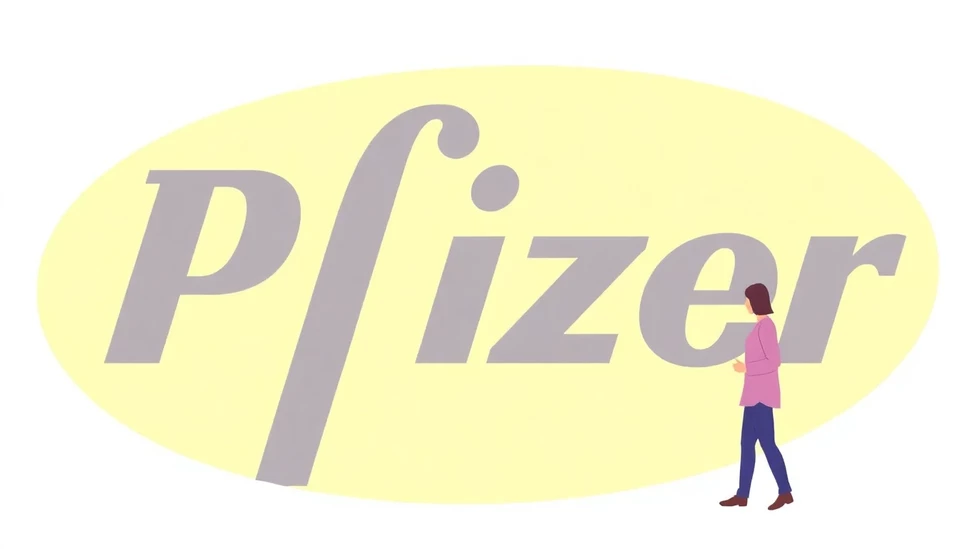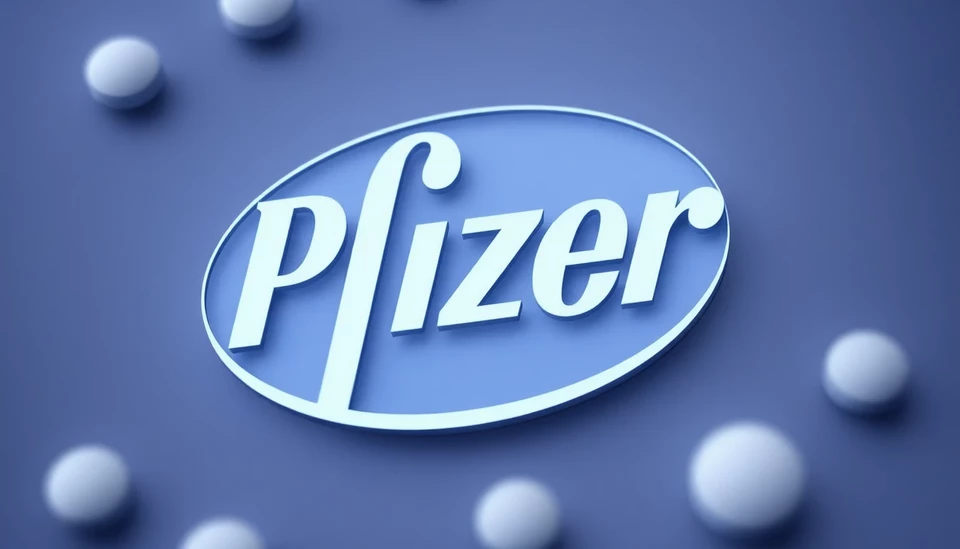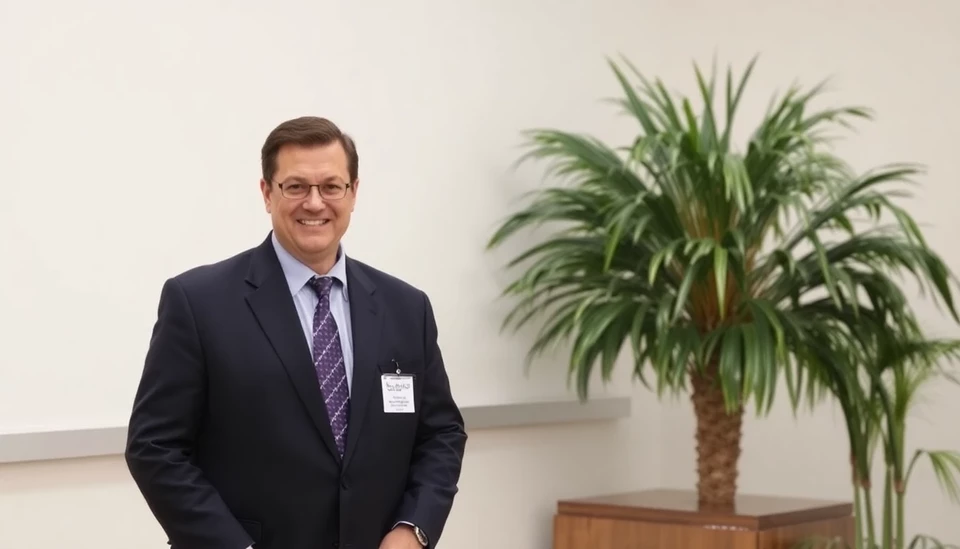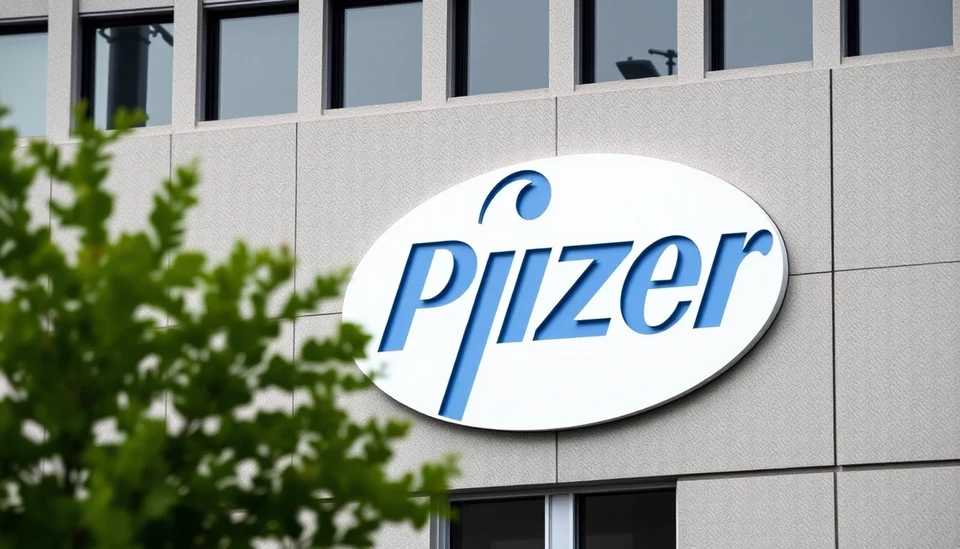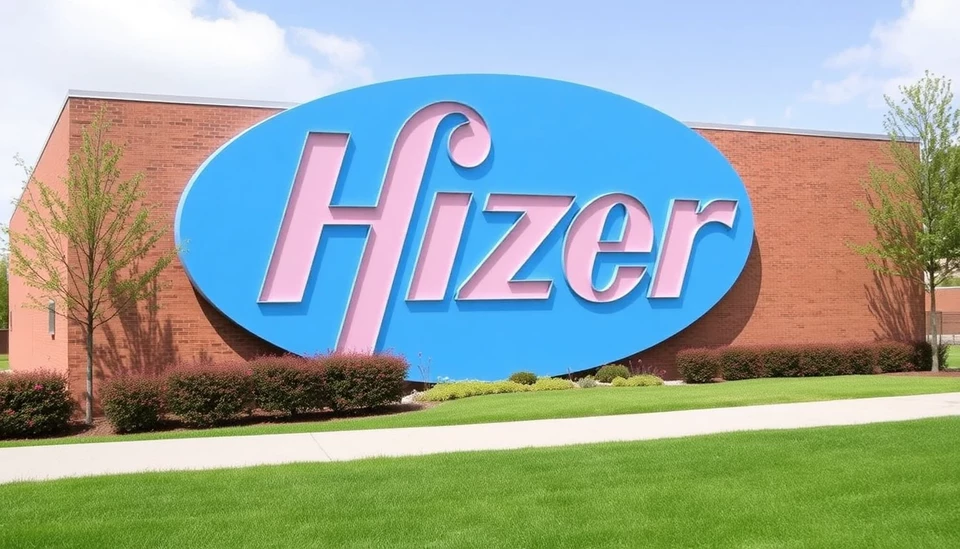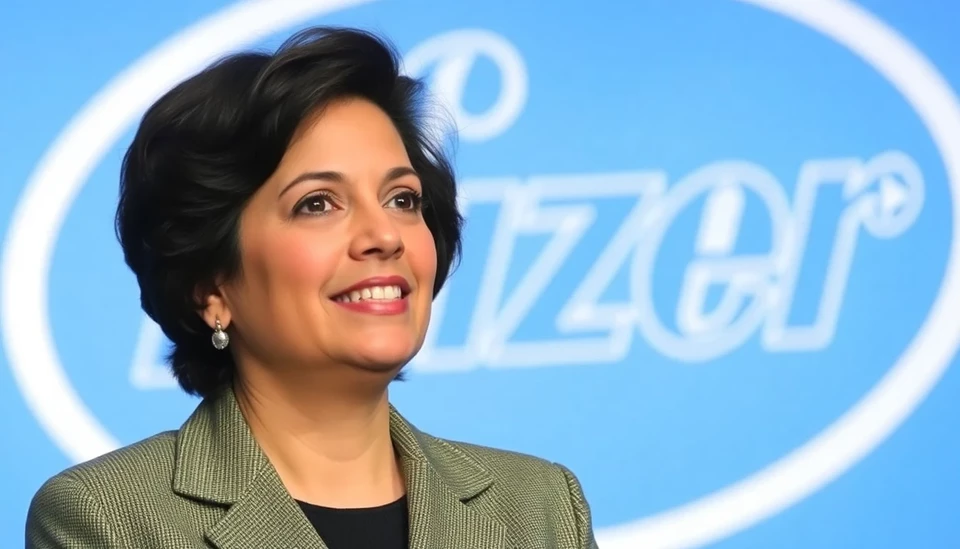
In a startling revelation, Pfizer's Chief Executive Officer Albert Bourla expressed concerns regarding the company's vulnerability to potential tariffs imposed by European nations. This declaration comes in the wake of ongoing negotiations and shifts within global trade frameworks, which may affect the pharmaceutical giant’s operations and profitability in the continent.
During an industry conference, Bourla emphasized that the likelihood of tariffs could significantly impact Pfizer's supply chain and pricing strategy in Europe. He highlighted that these tariffs could be a response to the increasing trend of nations seeking to safeguard their domestic markets, particularly in the wake of the pandemic, which has necessitated a reevaluation of reliance on international suppliers.
Bourla also remarked on the importance of maintaining open markets and trade agreements, which facilitate smoother operations for pharmaceutical companies. He argued that imposing tariffs would lead to increased costs for both companies and consumers, thus potentially hindering access to essential medications across Europe. This concern aligns with the broader anxiety among multinational corporations regarding protectionist policies that have been gaining traction in various regions.
In recent months, Europe has witnessed a surge in discussions about trade barriers, as governments grapple with the challenges posed by the pandemic and the global supply chain disruptions it triggered. Bourla's remarks signal a call to action for policymakers to consider the implications of tariffs on public health and economic stability.
The potential tariffs are not only a threat to Pfizer but also to other pharmaceutical firms operating in Europe, highlighting the need for a cohesive strategy that balances national interests with the need for innovative healthcare solutions. Bourla's comments reflect a broader concern within the industry that could lead to a shift in how companies approach their market strategies on the continent.
As the situation evolves, stakeholders within the pharmaceutical sector, including investors and healthcare professionals, will be closely monitoring negotiations and potential policy changes that could reshape the European market landscape. The implications of these discussions could be far-reaching, affecting everything from drug pricing to research and development investments.
In conclusion, Pfizer is currently navigating a complex environment where the threats of tariffs loom, with CEO Albert Bourla urging for an open dialogue among nations to mitigate risks associated with such economic measures. The ongoing developments in this arena are likely to shape the future of pharmaceutical trade in Europe and beyond.
As the possibility of tariffs remains a pressing concern, industry experts predict that companies will have to reassess their strategies to accommodate a potentially more fragmented market landscape.
Stay tuned for further updates on this situation, as the ramifications may extend far beyond Pfizer, impacting the entire pharmaceutical sector and healthcare accessibility across Europe.
#Pfizer #Tariffs #AlbertBourla #EuropeanUnion #PharmaceuticalIndustry #TradePolicy #GlobalEconomy #HealthcareAccess
Author: John Harris
